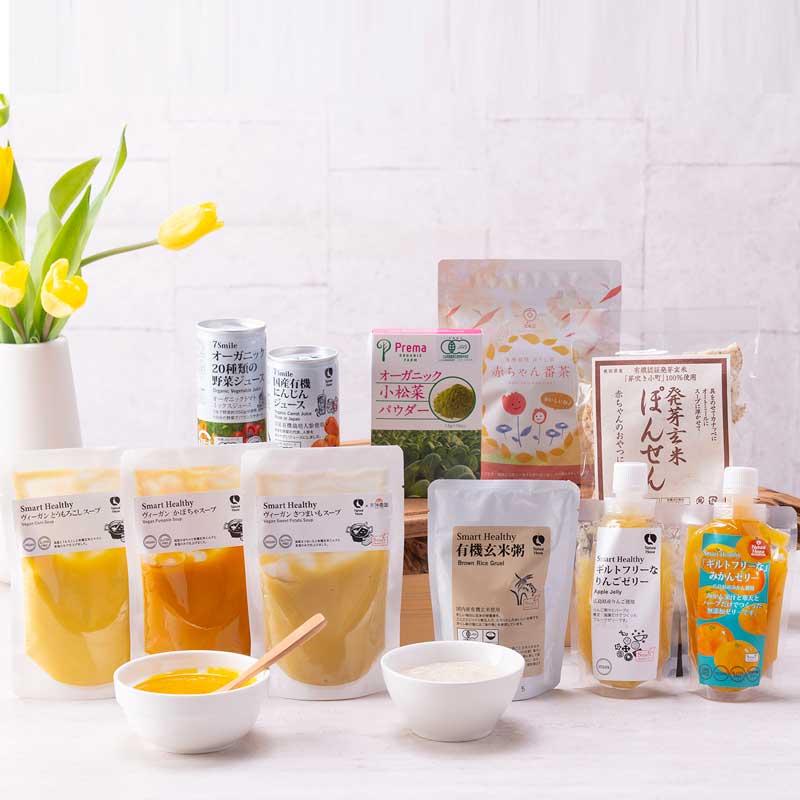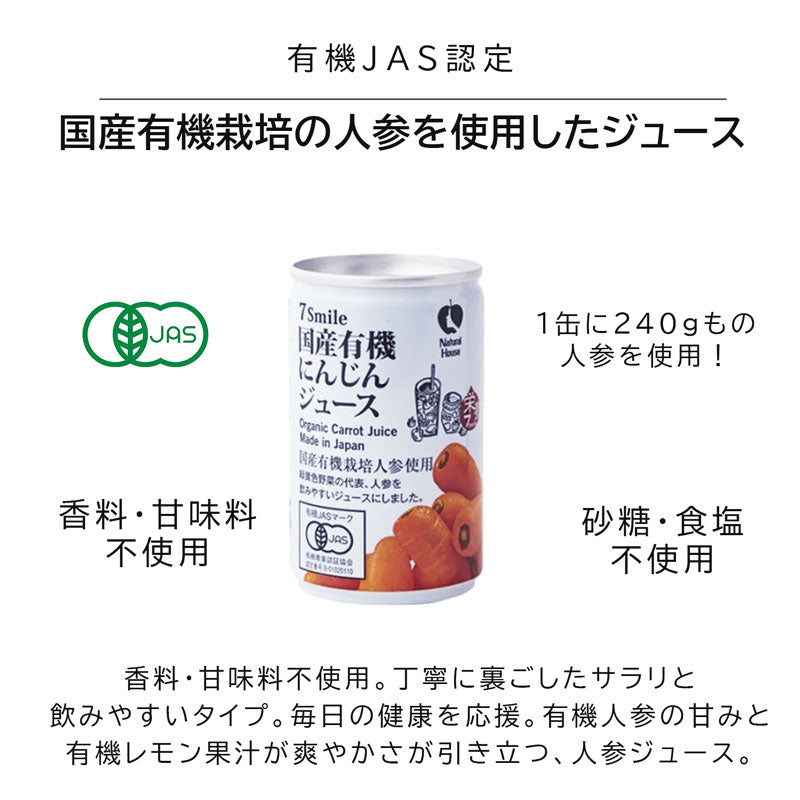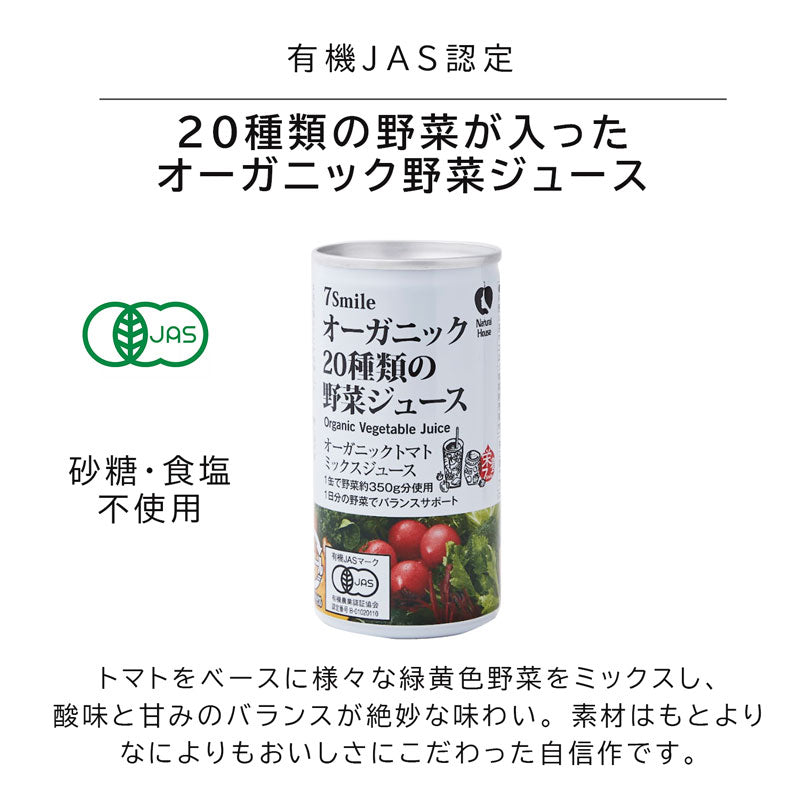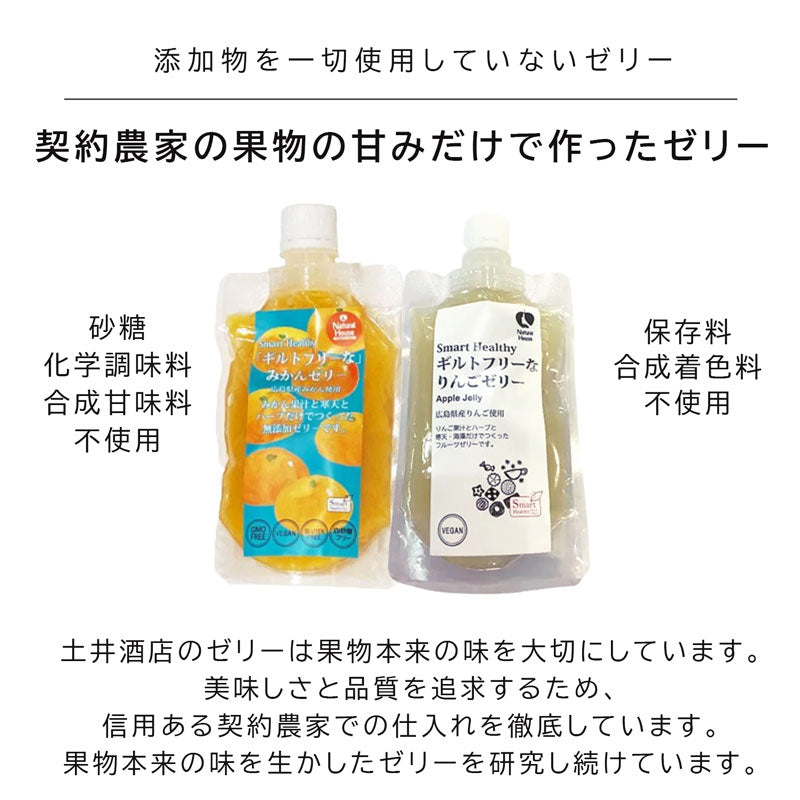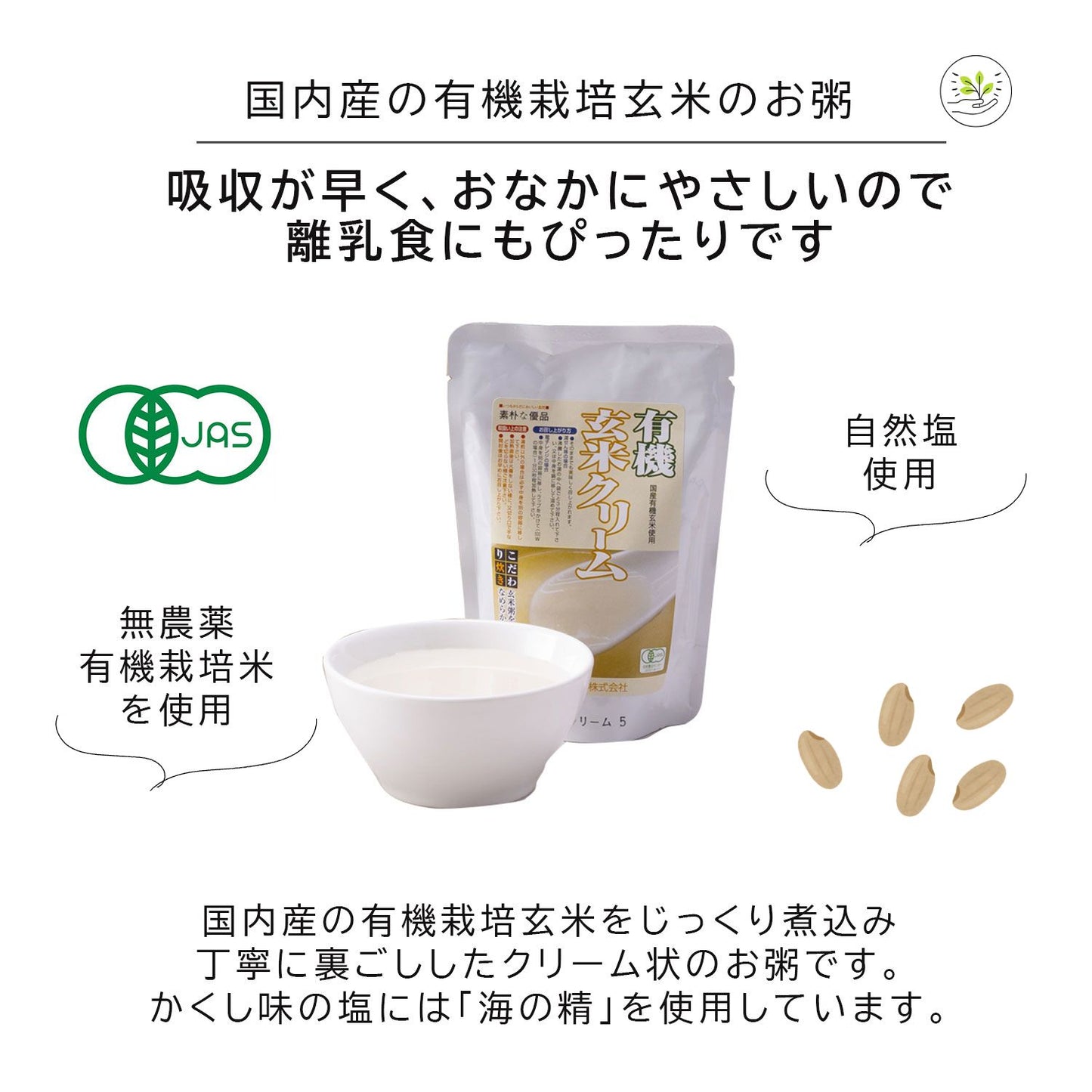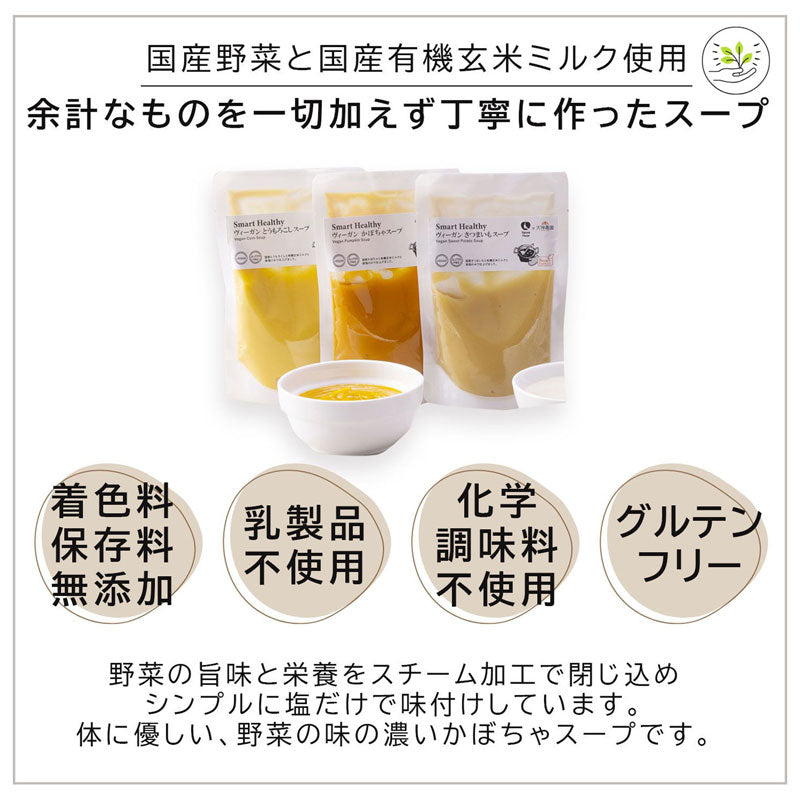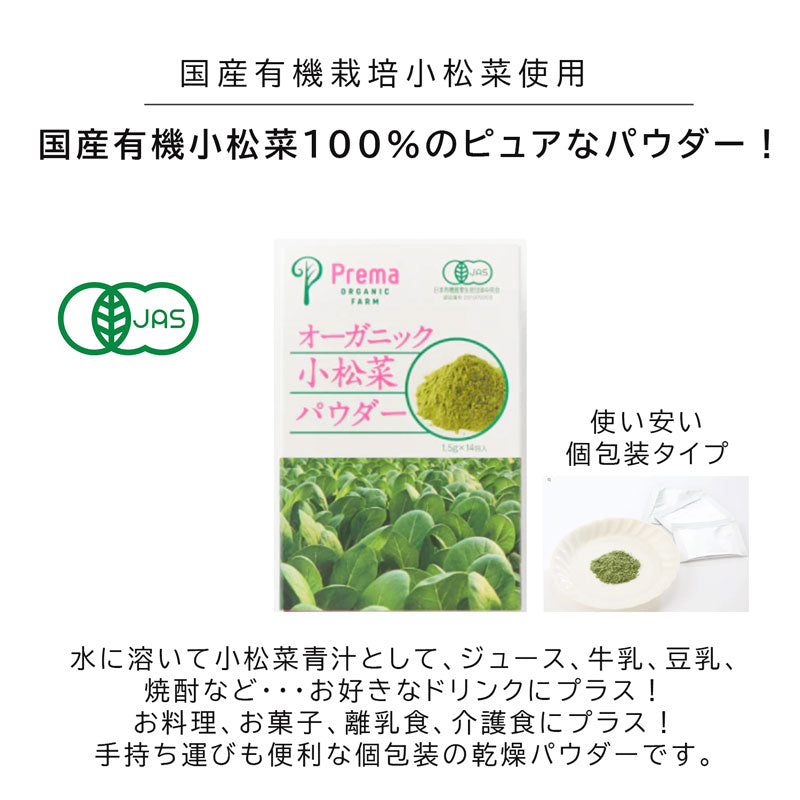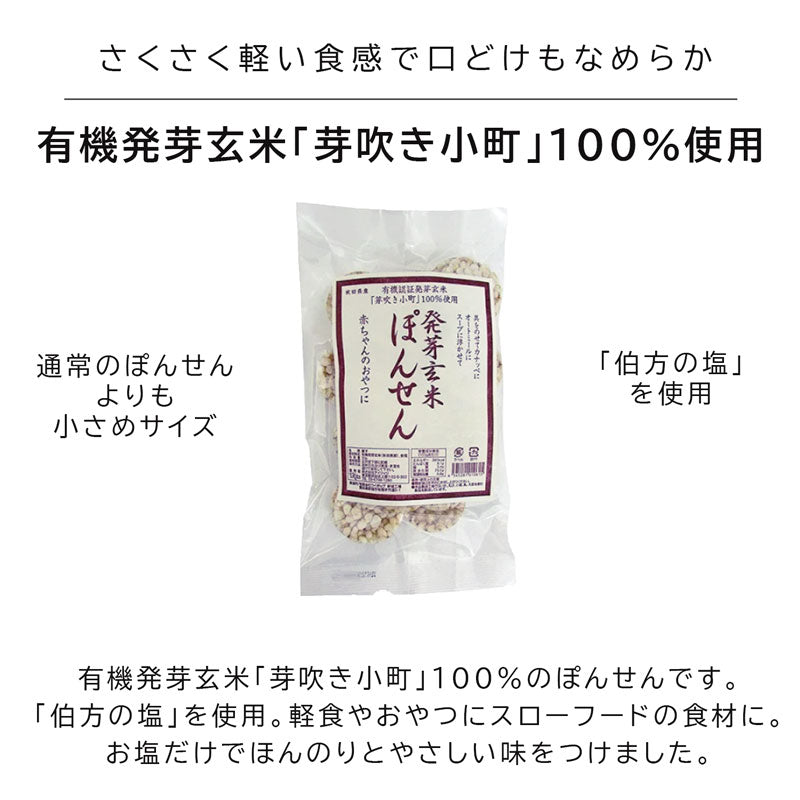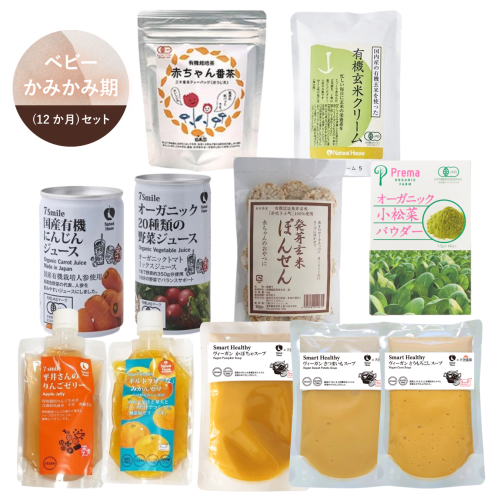1
/
of
9
naturalhouse-online
Baby chewing stage (12 months) set
Baby chewing stage (12 months) set
Regular price
¥6,037(税込)
Regular price
¥6,037
Sale price
¥6,037(税込)
Unit price
/
per
Couldn't load pickup availability
Share
[Chewing stage] Around 9 to 11 months of age. This is the time when babies move from breast milk or formula to solid food. As their desire to eat increases, this feeding method incorporates many dishes that are easy to grasp with the hands and fosters the idea that "eating is fun!"
Natural House
Baby Methods by Month
In order for children to develop rich humanity and acquire the skills to live, the most important thing is food.
This is also an important period of brain and nerve development, and food education has a great influence on the growth of the mind and body and the formation of personality.
It is the foundation for a lifelong healthy mind and body.
Natural House proposes a meal method that fosters an environment where the whole family can gather around the dinner table with peace of mind, and fosters the idea that "eating is fun!" *Images are for illustrative purposes only.
[Chewing stage] Around 9 to 11 months of age
This is the time when your baby's main diet changes from breast milk or formula to solid food. Your baby will be able to crush food with his or her gums.
As your child's desire to eat increases, try to include more foods that are easy to grab with their hands.
------------------------------------------------------------
Baby chewing stage (12 months) Basic set
------------------------------------------------------------
◇1 organic vegetable juice containing 20 different types
◇1 organic carrot juice from Japan
◇ Organic brown rice porridge 1 piece
◇Hirai's Apple Jelly x1
◇1 "Guilt-Free" mandarin jelly
◇NH Vegan Corn Soup (Tenjin Farm) 1 piece
◇NH Vegan Sweet Potato Soup (Tenjin Farm) 1 piece
◇NH Vegan Pumpkin Soup (Tenjin Farm) 1 piece
◇ Germinated brown rice ponsen 1 piece
◇ Organic Baby Bancha Tea 1 pack
------------------------------------------------------------
What is the Age-Based Baby Method?
------------------------------------------------------------
[Chewing stage] Around 7 to 8 months of age
As their teeth grow in, they are able to eat soft, granular and solid objects by crushing them with their tongue and jaws.
As your child's sense of taste develops, start incorporating a variety of foods while keeping in mind their nutritional value.
[Chewing stage] Around 9 to 11 months of age
This is the time when your baby's main diet changes from breast milk or formula to solid food. Your baby will be able to crush food with his or her gums.
As your child's desire to eat increases, try to include more foods that are easy to grab with their hands.
[Pak-pak stage] Around 1 year to 1 year and 6 months old
As their back teeth begin to grow in, their chewing power becomes stronger and they are able to eat foods that are slightly softer than adults.
Your child will become more dexterous and will be better at eating with their fingers. You can also start practicing using a spoon.
[Organic Step]
When it comes to food ingredients, be careful of pesticides and additives and make sure you eat a balanced diet.
It's also an opportunity to incorporate organic produce.
But you may be wondering, "Where should I start?" or "Which ingredients should I switch to first?"
Have you heard of Organic Steps?
First, let's start with the foods that require more attention, namely milk and eggs, which pose risks related to antibiotics and growth hormones.
Next, we move on to the second category of vegetables and fruits, which require caution regarding genetic modification and post-harvest risks.
Let's take steps one by one and switch over.
[Nutrients] What nutrients should you take during this period?
The three major nutrients
1. Carbohydrates (staple foods)
Rice, udon, spaghetti, potatoes, sweet potatoes, bananas
It gets the body moving and energizes the brain.
2. Protein (Main Dish)
Eggs, cheese, milk, natto, yogurt, seafood, meat, tofu
It helps build muscle and blood, promoting the baby's growth.
3. Vitamins
Cabbage, onion, carrot, Japanese mustard spinach, tomato, wakame seaweed, peach, mandarin orange
It tones the body and strengthens the immune system.
Next, let's look at some of the nutrients you should pay particular attention to.
Basic nutrients
① Beta-carotene
Carrots are rich in beta-carotene, which is converted into vitamin A in the body.
Vitamin A is an essential nutrient for childhood development, preventing dryness of the eyes, skin, and mucous membranes, and boosting resistance to bacteria and viruses (i.e. immunity).
We recommend juice that is easy to drink and digest.
☆Natural House Select
"Domestic organic carrot juice"
② Iron and calcium
·iron
Hemoglobin, the substance that carries oxygen in red blood cells, is made from the mineral iron.
Iron deficiency can lead to a lack of hemoglobin, which can have a negative impact on various tissues in the body.
Iron, an important nutrient, is stored in the liver and other organs so that the body does not easily become deficient in it.
After about six months of age, your baby's body's iron stores begin to deplete.
Since breast milk contains little iron to begin with, it is necessary to supplement iron in baby food and prevent iron deficiency anemia.
·calcium
Calcium is an important mineral that is essential for the development of your baby's bones and teeth.
It also has the function of regulating nerves and muscles.
Babies are undergoing rapid physical growth and therefore require lots of calcium, along with vitamin D.
☆Natural House Select
"Prema Organic Komatsuna Powder"
3) Dietary fiber and minerals
When starting solid food, babies are prone to constipation due to dehydration caused by the reduced amount of breast milk or formula, as well as changes in the balance of bacteria in the intestines.
For your staple food, we recommend brown rice, which contains a balanced amount of nutrients such as dietary fiber, minerals, and vitamins.
The carefully strained creamy consistency is easy to digest and absorb, and the umami flavor also helps develop your baby's sense of taste.
☆Natural House Select
Organic brown rice cream
④ Vitamins C, E, B1, and B2
Vitamin C has antioxidant properties and also helps increase iron absorption in the digestive tract.
Vitamin E has an antioxidant effect, protecting lipids in the body from oxidation and helping to maintain cell health.
Vitamin B1 maintains normal functioning of the central nervous system and peripheral nervous system in the brain.
Vitamin B2 is also known as the "growth vitamin" because it is essential for cell growth and normal functioning.
A deficiency in vitamin C can cause skin problems and mouth ulcers in adults, but in growing children and fetuses, it can lead to stunted development.
☆Natural House Select
"Pure Plant Pumpkin Soup (Tenjin Farm)"
★[Foods to avoid] What foods should you avoid during the weaning period?
・Honey
To prevent infant botulism, avoid giving to children up to 1 year of age.
Boiling disinfection or cooking will not kill the bacteria. Do not feed your pet food or drinks that contain honey.
・Sashimi and semi-raw foods
Raw fish and semi-raw food ingredients harbor various bacteria and parasites and can cause food poisoning.
Babies, whose bodies are still developing, have weaker resistance than adults, so they are more likely to become seriously ill.
As a general rule, fish and meat should be thoroughly cooked before being given to your pet.
Choose fresh sashimi, and start eating from around age 3.
・Soba noodles ・Peanuts
Buckwheat and peanuts contain allergens, so give them in small amounts with caution.
・Pineapple ・Mango
Pineapples, mangoes, etc. contain substances that can cause itching around the mouth.
If you feed it to your pet, make sure to heat it first.
・Garlic and ginger
It's OK to feed them from around 9 to 11 months, but if you do use it, use a very small amount for flavoring.
・Mochi・Nuts・Potatoes・Mushrooms
Foods that are difficult for babies to chew and may get stuck in their throats should not be given to them until they are 3 years old or older.
This food is very sticky and elastic, so if it gets stuck in a baby's throat, the stickiness can block the trachea, causing choking.
・Sweets bread, snacks, carbonated drinks
Sugar, salt, and oil are found in many processed foods for adults, which place a great strain on a baby's immature stomach, intestines, and kidneys.
Sugar: If you eat too much sugar, the vitamins that should be used for your baby's growth will be lost.
Because it is used to consume sugar, it can lead to vitamin deficiencies and make your baby more easily tired.
Also, they will always crave sweet tastes and will not be satisfied with bland flavors, which may cause them to stop eating baby food.
Ion drinks for babies also contain a lot of sugar, so care should be taken.
Salt: Excessive salt intake can damage your baby's kidneys and increase the risk of high blood pressure.
According to the "Japanese Dietary Reference Intakes," the recommended daily intake for infants in the later stages of breastfeeding is 1.5g, and for children aged 1 to 2 years, it is 3g.
Noodles that are not intended for babies contain a lot of salt, so care should be taken to remove the salt by boiling them.
Oil: Be careful not to consume too much oil as it can cause obesity and diarrhea.
Olive oil, which is made by simply squeezing and filtering olives, and unsalted butter made from raw milk are foods that you should include in your baby's weaning food.
Margarine has the risk of containing trans fatty acids, so caution is required.
It's your baby's first time eating solid food. You may feel frustrated or depressed if you can't make it perfectly according to the recipe.
Don't rush, make good use of commercially available products and use this opportunity to have fun educating mothers about food too.
Baby Methods by Month
In order for children to develop rich humanity and acquire the skills to live, the most important thing is food.
This is also an important period of brain and nerve development, and food education has a great influence on the growth of the mind and body and the formation of personality.
It is the foundation for a lifelong healthy mind and body.
Natural House proposes a meal method that fosters an environment where the whole family can gather around the dinner table with peace of mind, and fosters the idea that "eating is fun!" *Images are for illustrative purposes only.
[Chewing stage] Around 9 to 11 months of age
This is the time when your baby's main diet changes from breast milk or formula to solid food. Your baby will be able to crush food with his or her gums.
As your child's desire to eat increases, try to include more foods that are easy to grab with their hands.
------------------------------------------------------------
Baby chewing stage (12 months) Basic set
------------------------------------------------------------
◇1 organic vegetable juice containing 20 different types
◇1 organic carrot juice from Japan
◇ Organic brown rice porridge 1 piece
◇Hirai's Apple Jelly x1
◇1 "Guilt-Free" mandarin jelly
◇NH Vegan Corn Soup (Tenjin Farm) 1 piece
◇NH Vegan Sweet Potato Soup (Tenjin Farm) 1 piece
◇NH Vegan Pumpkin Soup (Tenjin Farm) 1 piece
◇ Germinated brown rice ponsen 1 piece
◇ Organic Baby Bancha Tea 1 pack
------------------------------------------------------------
What is the Age-Based Baby Method?
------------------------------------------------------------
[Chewing stage] Around 7 to 8 months of age
As their teeth grow in, they are able to eat soft, granular and solid objects by crushing them with their tongue and jaws.
As your child's sense of taste develops, start incorporating a variety of foods while keeping in mind their nutritional value.
[Chewing stage] Around 9 to 11 months of age
This is the time when your baby's main diet changes from breast milk or formula to solid food. Your baby will be able to crush food with his or her gums.
As your child's desire to eat increases, try to include more foods that are easy to grab with their hands.
[Pak-pak stage] Around 1 year to 1 year and 6 months old
As their back teeth begin to grow in, their chewing power becomes stronger and they are able to eat foods that are slightly softer than adults.
Your child will become more dexterous and will be better at eating with their fingers. You can also start practicing using a spoon.
[Organic Step]
When it comes to food ingredients, be careful of pesticides and additives and make sure you eat a balanced diet.
It's also an opportunity to incorporate organic produce.
But you may be wondering, "Where should I start?" or "Which ingredients should I switch to first?"
Have you heard of Organic Steps?
First, let's start with the foods that require more attention, namely milk and eggs, which pose risks related to antibiotics and growth hormones.
Next, we move on to the second category of vegetables and fruits, which require caution regarding genetic modification and post-harvest risks.
Let's take steps one by one and switch over.
[Nutrients] What nutrients should you take during this period?
The three major nutrients
1. Carbohydrates (staple foods)
Rice, udon, spaghetti, potatoes, sweet potatoes, bananas
It gets the body moving and energizes the brain.
2. Protein (Main Dish)
Eggs, cheese, milk, natto, yogurt, seafood, meat, tofu
It helps build muscle and blood, promoting the baby's growth.
3. Vitamins
Cabbage, onion, carrot, Japanese mustard spinach, tomato, wakame seaweed, peach, mandarin orange
It tones the body and strengthens the immune system.
Next, let's look at some of the nutrients you should pay particular attention to.
Basic nutrients
① Beta-carotene
Carrots are rich in beta-carotene, which is converted into vitamin A in the body.
Vitamin A is an essential nutrient for childhood development, preventing dryness of the eyes, skin, and mucous membranes, and boosting resistance to bacteria and viruses (i.e. immunity).
We recommend juice that is easy to drink and digest.
☆Natural House Select
"Domestic organic carrot juice"
② Iron and calcium
·iron
Hemoglobin, the substance that carries oxygen in red blood cells, is made from the mineral iron.
Iron deficiency can lead to a lack of hemoglobin, which can have a negative impact on various tissues in the body.
Iron, an important nutrient, is stored in the liver and other organs so that the body does not easily become deficient in it.
After about six months of age, your baby's body's iron stores begin to deplete.
Since breast milk contains little iron to begin with, it is necessary to supplement iron in baby food and prevent iron deficiency anemia.
·calcium
Calcium is an important mineral that is essential for the development of your baby's bones and teeth.
It also has the function of regulating nerves and muscles.
Babies are undergoing rapid physical growth and therefore require lots of calcium, along with vitamin D.
☆Natural House Select
"Prema Organic Komatsuna Powder"
3) Dietary fiber and minerals
When starting solid food, babies are prone to constipation due to dehydration caused by the reduced amount of breast milk or formula, as well as changes in the balance of bacteria in the intestines.
For your staple food, we recommend brown rice, which contains a balanced amount of nutrients such as dietary fiber, minerals, and vitamins.
The carefully strained creamy consistency is easy to digest and absorb, and the umami flavor also helps develop your baby's sense of taste.
☆Natural House Select
Organic brown rice cream
④ Vitamins C, E, B1, and B2
Vitamin C has antioxidant properties and also helps increase iron absorption in the digestive tract.
Vitamin E has an antioxidant effect, protecting lipids in the body from oxidation and helping to maintain cell health.
Vitamin B1 maintains normal functioning of the central nervous system and peripheral nervous system in the brain.
Vitamin B2 is also known as the "growth vitamin" because it is essential for cell growth and normal functioning.
A deficiency in vitamin C can cause skin problems and mouth ulcers in adults, but in growing children and fetuses, it can lead to stunted development.
☆Natural House Select
"Pure Plant Pumpkin Soup (Tenjin Farm)"
★[Foods to avoid] What foods should you avoid during the weaning period?
・Honey
To prevent infant botulism, avoid giving to children up to 1 year of age.
Boiling disinfection or cooking will not kill the bacteria. Do not feed your pet food or drinks that contain honey.
・Sashimi and semi-raw foods
Raw fish and semi-raw food ingredients harbor various bacteria and parasites and can cause food poisoning.
Babies, whose bodies are still developing, have weaker resistance than adults, so they are more likely to become seriously ill.
As a general rule, fish and meat should be thoroughly cooked before being given to your pet.
Choose fresh sashimi, and start eating from around age 3.
・Soba noodles ・Peanuts
Buckwheat and peanuts contain allergens, so give them in small amounts with caution.
・Pineapple ・Mango
Pineapples, mangoes, etc. contain substances that can cause itching around the mouth.
If you feed it to your pet, make sure to heat it first.
・Garlic and ginger
It's OK to feed them from around 9 to 11 months, but if you do use it, use a very small amount for flavoring.
・Mochi・Nuts・Potatoes・Mushrooms
Foods that are difficult for babies to chew and may get stuck in their throats should not be given to them until they are 3 years old or older.
This food is very sticky and elastic, so if it gets stuck in a baby's throat, the stickiness can block the trachea, causing choking.
・Sweets bread, snacks, carbonated drinks
Sugar, salt, and oil are found in many processed foods for adults, which place a great strain on a baby's immature stomach, intestines, and kidneys.
Sugar: If you eat too much sugar, the vitamins that should be used for your baby's growth will be lost.
Because it is used to consume sugar, it can lead to vitamin deficiencies and make your baby more easily tired.
Also, they will always crave sweet tastes and will not be satisfied with bland flavors, which may cause them to stop eating baby food.
Ion drinks for babies also contain a lot of sugar, so care should be taken.
Salt: Excessive salt intake can damage your baby's kidneys and increase the risk of high blood pressure.
According to the "Japanese Dietary Reference Intakes," the recommended daily intake for infants in the later stages of breastfeeding is 1.5g, and for children aged 1 to 2 years, it is 3g.
Noodles that are not intended for babies contain a lot of salt, so care should be taken to remove the salt by boiling them.
Oil: Be careful not to consume too much oil as it can cause obesity and diarrhea.
Olive oil, which is made by simply squeezing and filtering olives, and unsalted butter made from raw milk are foods that you should include in your baby's weaning food.
Margarine has the risk of containing trans fatty acids, so caution is required.
It's your baby's first time eating solid food. You may feel frustrated or depressed if you can't make it perfectly according to the recipe.
Don't rush, make good use of commercially available products and use this opportunity to have fun educating mothers about food too.
